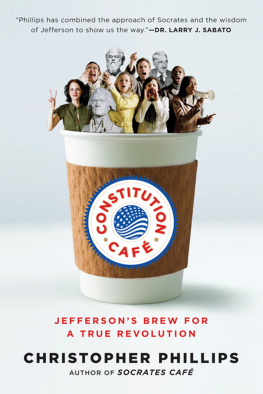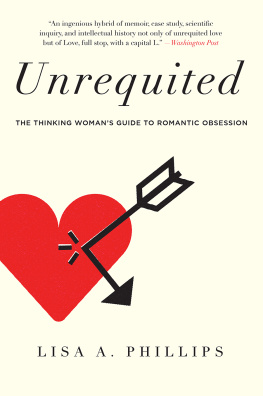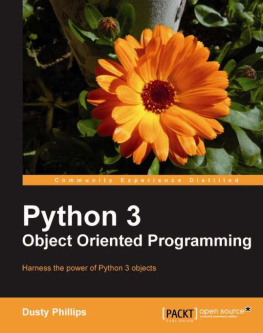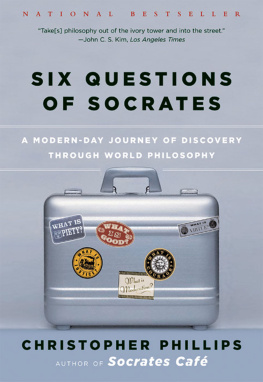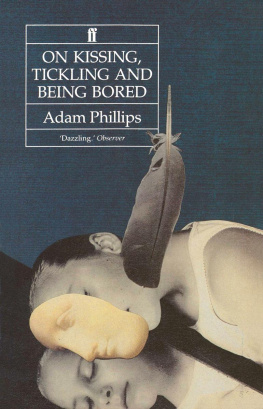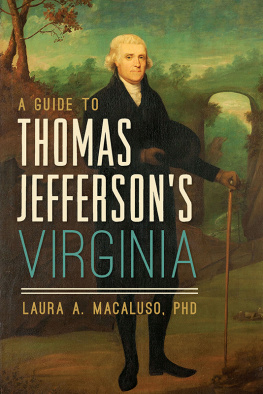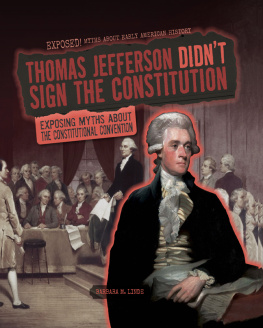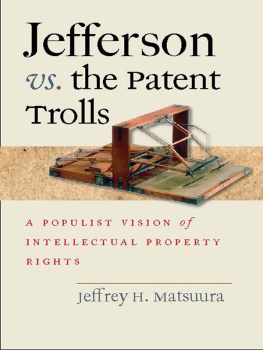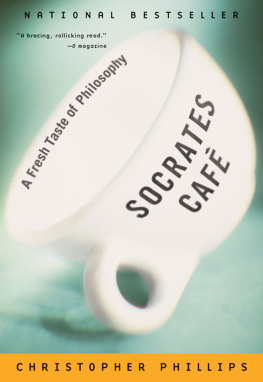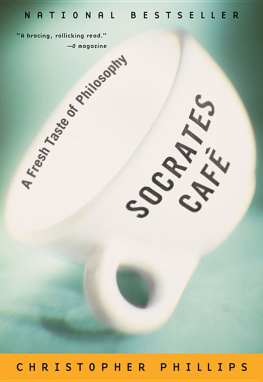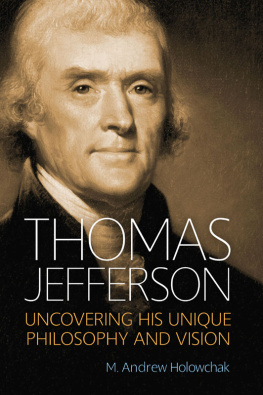
ALSO BY CHRISTOPHER PHILIPS
Socrates Caf
Six Questions of Socrates
Socrates in Love
The Philosophers Club (childrens book)
Ceci Anns Day of Why (childrens book)
Constitution Caf
JEFFERSON'S BREW FOR A TRUE REVOLUTION
Christopher Phillips

W. W. Norton & Company
New York London
For my loves, Ceci and Cali
CONTENTS
A little rebellion now and then is a good thing.
Thomas Jefferson, 1787
I
Constitution Caf
F or over fifteen years, I have been facilitating weekly philosophical dialogues called Socrates Caf, hoping to revive a form of inquiry made famous by the ancient Greek philosopher. A hallmark of a vibrant democracy is that citizens willingly consider a wide range of objections and alternatives to their own way of seeing things. Socrates Caf is meant to be a space for friends and foes, intimates and strangers alike, to explorethoughtfully and reasonablytimely and timeless existential problems, an exploration that itself makes people feel more bound to one another.
Over time, my project gained wide notice; I began traveling extensively to inaugurate new groupsnot just in places like cafs, libraries, and senior centers, but in prisons, nursing homes, institutions for the mentally ill, schools, and universities. At last count, there are well over 500 Socrates Caf groups that gather regularly around the globe, with many more in cyberspace, bringing together people of different backgrounds and experiences who thrive on impassioned yet thoughtful discourse.
But do they make any real difference in the grander scheme of things? I often receive letters that attest to their worth, such as one from a community activist in California. Nothing is sadder to me than seeing someone who isnt confident or privileged enough to... fulfill her own dreams, whatever they may be, she wrote. I believe the work you do does that. [Socrates Caf] gives people the opportunity to connect not only to a deeper part of their own psyche, but to connect that deeper part of themselves to ideas that affect us all. In a society as egocentric as the one we live in today, that is essential.
But nagging questions persist: Is Socrates Caf at best a tiny oasis? Isnt there more intolerance and dogmatism than ever? Can it be that the system itself poses roadblocks to direct, much less meaningful, participation by everyday citizens concerned about our nation? Is our democracy on life support?
As a government major at the College of William & Mary, I immersed myself in studies of my other hero, Thomas Jefferson, himself a devotee of Socrates. As he wrote to his personal secretary William Short, the superlative wisdom of Socrates is testified by all antiquity, and placed on ground not to be questioned. Socrates couldnt have said it better himself when Jefferson exhorted his nephew Peter Carr to fix Reason firmly in her seat, and call to her tribunal every fact, every opinion. Question with boldness... Do not be frightened from this inquiry by any fear of its consequences.
To Jefferson, no topic was out of bounds when it came to subjecting it to bold questioningnot even, in his view, the existence of God, and certainly not the worth of our Constitution, though many continue to believe it is the product of divine inspiration. Jefferson, for one, derided those who looked at constitutions like the ark of the covenant, too sacred to be touched. He believed that such people ascribe to the men of the preceding age a wisdom more than human. To him, We might as well require a man to wear still the coat which fitted him when a boy as civilized society to remain ever under the regimen of their barbarous ancestors.
Yet Americans venerate the Constitution, even if many of us dont actually seem to know whats in it. Its over our heads, out of our reach. Its considered untouchable, beyond reproach by us mere mortals, and this intimidating ideal only serves to make us feel like the system it begets can never be changed, no matter how much it contributes to record levels of political apathy and anger. Sure, we argue over the way elected officials and judges interpret the Constitution, but few of us have qualms about the Constitution itself. Meanwhile, our politicians outdo one another in declaring themselves more true to the Constitution than their opponents. From the president on down, they give their solemn oath to preserve, protect, and defend it.
As dysfunctional as people of most political persuasions believe our government is, they are just as convinced that the Constitution still works. But does it?
I decided to shake things up a bit with a little experiment.
II
In the Beginning
Best and Worst Democracy
It is an unseasonably warm evening, and those taking part with me in a Socrates Caf philosophical dialogue have opted to abandon the coffeehouse where we usually gather and instead meander along macadam Duke of Gloucester Street. The pedestrian walkway bisects the heart of Colonial Williamsburg, the historic district of Williamsburg, Virginia, which was the capital of old Virginia, the first established colony, chartered by the British monarchy in 1606.
The dozen people with me are debating the question What is the best democracy?
Even with all our countrys defects, we already have the best democracy, says Stuart, who proposed the question after reading, and taking umbrage with, a passage in The Audacity of Hope in which Barack Obama makes the jarring confession that its hard to shake the feeling these days that our democracy has gone seriously awry, its best days behind us.
We have a free market system thats the envy of the world, and constitutionally guaranteed freedoms and rights that people in most other countries can only dream about.
We had chosen a week earlier the topic to be discussed today, and Stuart, like many others present, has come bearing a book or two from which to draw citations to support his perspective. He pulls from his leather satchel Democracy in America , by Alexis de Tocqueville, the French aristocrat and political thinker. After journeying here in the early nineteenth century to observe our new democratic system, he says, Tocqueville concluded that Americans have the ideal government, because the people name those who make the law and those who execute it, and they form the jury that punishes infractions of the law.
But since our nations beginnings, the people themselves have never had the right or opportunity to make the law, Sara, his political opposite, says. Sara recently graduated from a nearly Ivy League college, where she served as student body president. Now armed with a degree in cultural anthropology and burdened with a mountain of debt from student loans, she is again living with her parents, unable to find work.
Sara says next, The representative system was imposed on us by the Framers. It wasnt one chosen by the people. If our Constitutions Framers felt that most of their fellow Americans lacked the ability to decide for themselves the form of government they believed would best serve their hopes, needs, dreams, how can that be the best democracy?
Stuart is silent for a spell. Then he says, When I served on jury duty, I felt I was part of democracy at its best. Maybe we didnt make the law, but we put aside our personal views and fulfilled our sworn oath to uphold the laws on the books. We weighed and debated on its merits the evidence presented to us, and reached a unanimous verdict.
I admit I tried to wriggle out of jury duty. What a dressing down the judge gave me. Im grateful he made me serve my turn. Because it made me appreciate like never before this great system our Framers devised.
Next page
